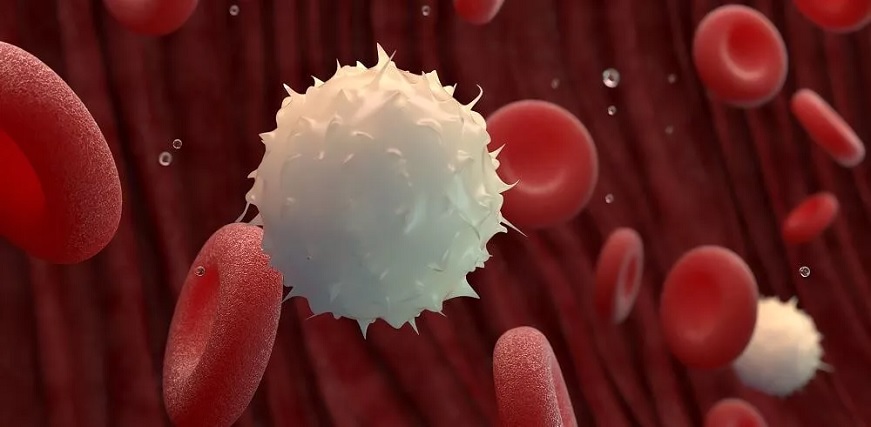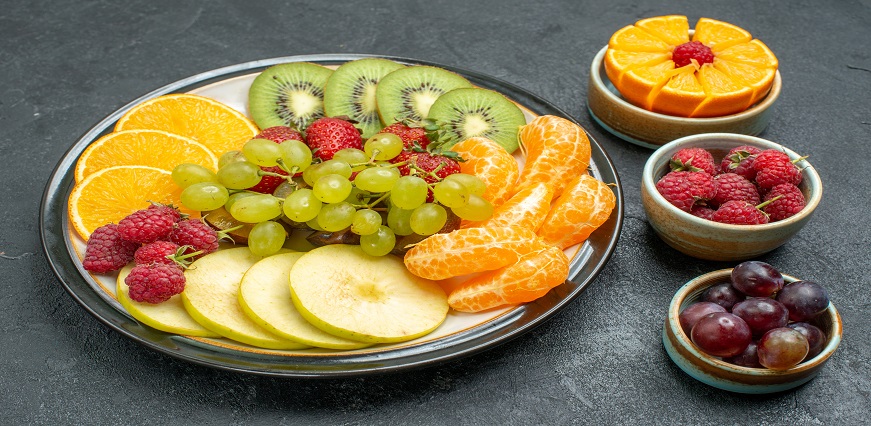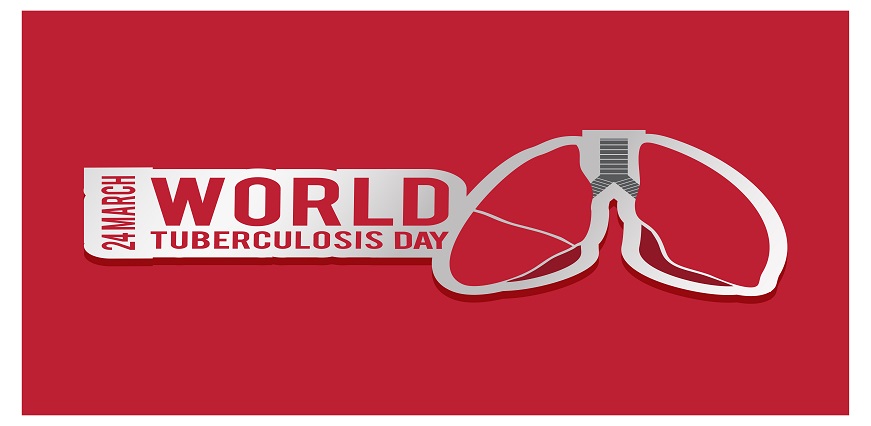





No lab centers are available in this city

Max Lab
Nov 02, 2022
The main purpose of white blood cells is to protect the body from infections. Also known as leukocytes, the normal range of white blood cells or WBCs is indicative of a solid immune system. People who get infections often have low WBCs and should know how to increase the count. This will ensure that their immunity is strong enough to fight off pathogens easily. On the other hand, individuals who have a high white blood cell count should know what the dangerous result of having such an abnormality is. Read on to know what exactly is the function of WBCs, their types, and the food that can help increase their count:
The most integral part of the immune system is made of white blood cells or WBCs. These blood cells are essential for a person’s immunity as they help in fighting off harmful viruses and bacteria. The infection caused by these pathogens can be avoided if individuals learn how to maintain or increase their white blood cells. While some WBCs are able to prevent infections since birth, others are part of the humoral or learned immune system as they create antibodies after getting exposed to germs. It is always encouraged to increase WBC count among infants and young adults because their immune system is under constant development. In the long run, an increase in WBCs with the help of certain foods can make an individual stronger.
White blood cells, contrary to their name, are colourless and make up one per cent of the total blood in an individual. The normal range of WBCs in a male is around 98-100 billion each day. For females, the normal WBC count is similar to men's with only a minor difference. Here are 5 types of white blood cells present in both men and women:
People who wish to know how to increase their WBC count naturally must learn more about the kinds of food items that can be of assistance. Avoiding junk food items can be a positive step towards improving the immune system so that WBCs can be developed easily. Here are 6 foods that can help increase WBC count:
1. Lean Protein
Eggs, chicken, and seafood are good sources of protein. The purpose of protein-rich foods in white blood cell creation is crucial. So, it is recommended to consume them on a regular basis.
2. Sprouts
Sprouts can assist vegetarian Indians to increase their white blood count as they are packed with protein. It is a food item that also provides a vitamin boost to the body. Daily consumption of sprouts can help create white blood cells.
3. Fruits Rich in Vitamin C
It is a widely known fact that vitamin C-rich foods can help in increasing white blood cell count among men and women alike. Guava, strawberries, papaya, kiwi, and several other citrus fruits help in creating pathogen-fighting WBCs and T-cells that protect the body from future infections.
4. Nuts and Seeds
Nuts and seeds contain a good amount of vitamin E in them that helps in the development of germ-killing WBCs. Along with this vitamin E present in sunflower seeds, melon seeds, almonds, etc., assist in creating antibodies in the immune system.
5. Foods Rich in Folic Acid
Lentils, dried beans, peas, broccoli, spinach, asparagus, and okra are a few examples of foods rich in folic acid. These can be consumed on a daily basis to avoid anemia. The intake of folic acid in the form of these vegetables will ensure that the white blood count is well maintained.
A complete blood count test can be conducted in a reputed pathology lab to check the WBC count. Based on the test results, certain supplements and medications are prescribed to people with a low WBC count. Since the causes of a high WBC count can be varied, it is best to consult an experienced doctor for further investigation.
Also Read:
The most integral part of the immune system is made of white blood cells or WBCs. These blood cells are essential for a person’s immunity as they help in fighting off harmful viruses and bacteria.
The various types of white blood cells are Neutrophils, Lymphocytes, Basophils, Eosinophils and monocytes.
The foods that can help increase WBC count are sprouts, nuts and seeds and foods rich in folic acid like broccoli, spinach and beans.
Sprouts can assist vegetarian Indians to increase their white blood count as they are packed with protein. It is a food item that also provides a vitamin boost to the body.
If you feel weakness in your knees, body aches, chills and headache then you can select a WBC test by visiting max lab website and book a home sample collection appointment.
The normal range of WBCs in a male is around 98-100 billion each day. For females, the normal WBC count is similar to men's with only a minor difference.
Fruits like Guava, strawberries, papaya, kiwi, and several other citrus fruits help in creating pathogen-fighting WBCs and T-cells that protect the body from future infections.












Sign up takes less than 60 secs and gives you access to your offers, orders and lab tests.
Looks like you are not registered with us. Please Sign up to proceed
OTP will be sent to this number by SMS
We have successfully received your details. One of the agents will call you back soon.
 To reach our help desk call 9213188888
To reach our help desk call 9213188888
No Lab Centers are available in this city
Looks like you are not registered with us. Please Sign up to proceed
OTP will be sent to this number by SMS
Not Registered Yet? Signup now.Looks like you are not registered with us. Please Sign up to proceed





 7982100200
7982100200.png)
Comments
It's also a well-known fact that no food can increase white blood cells.